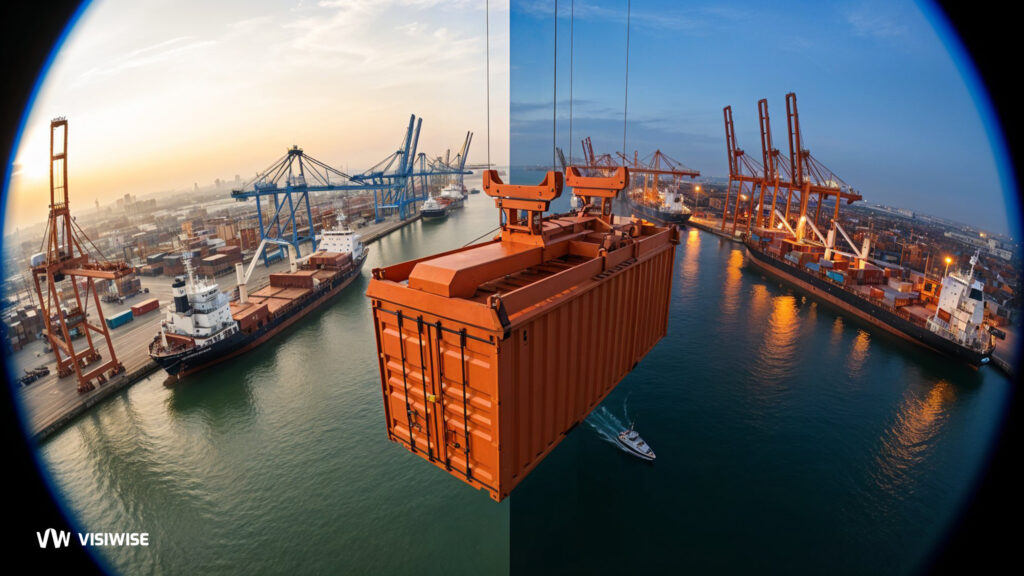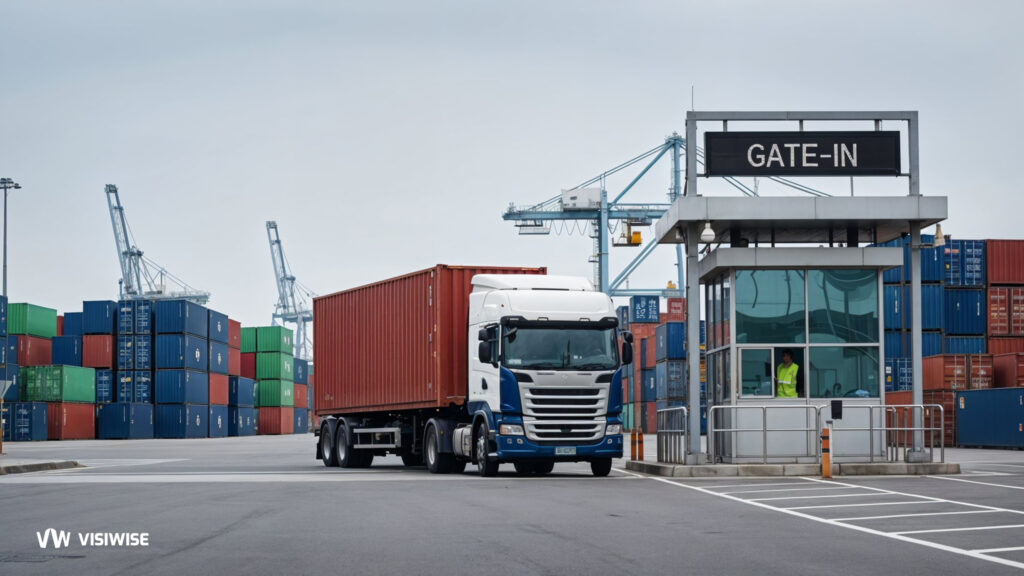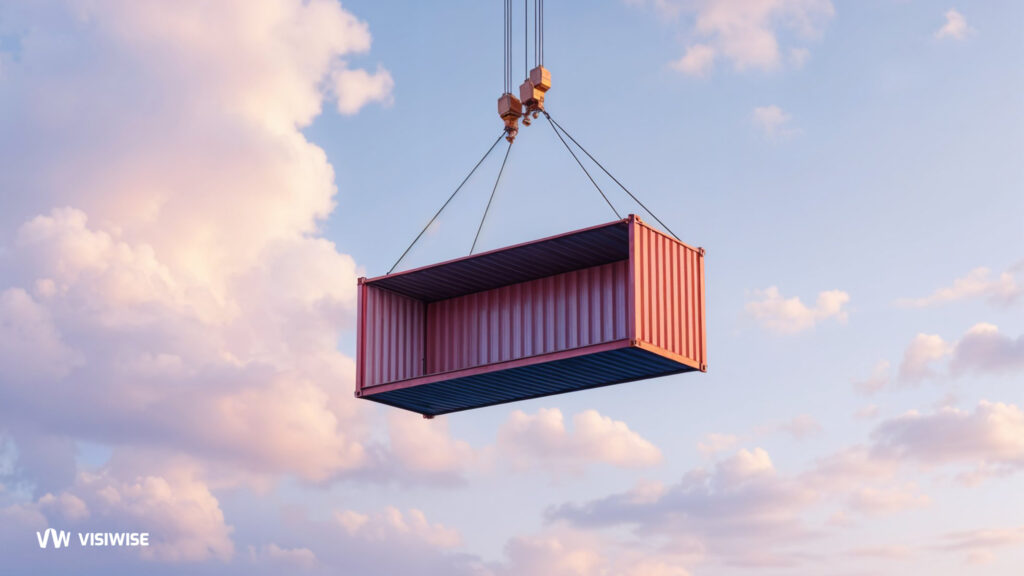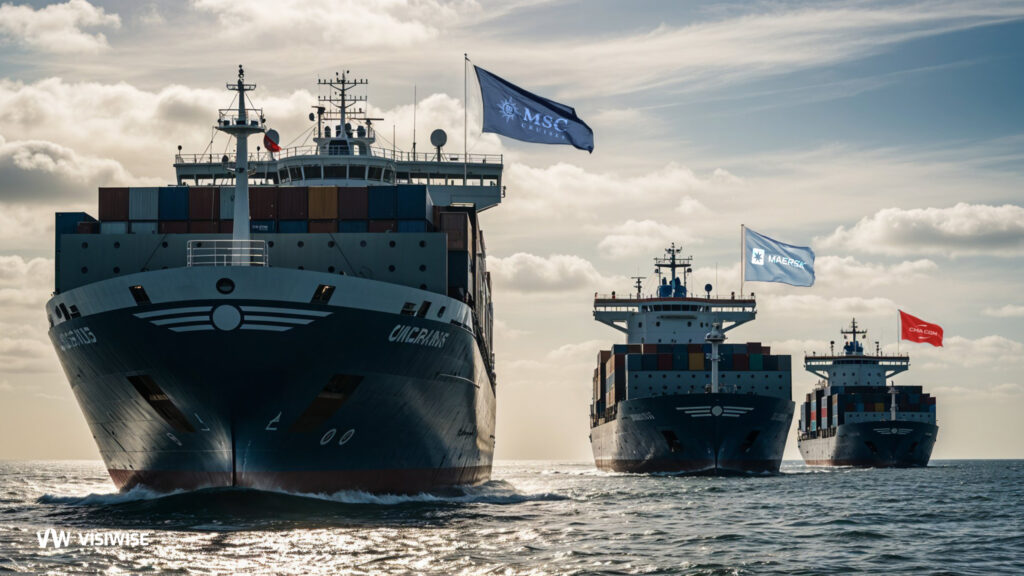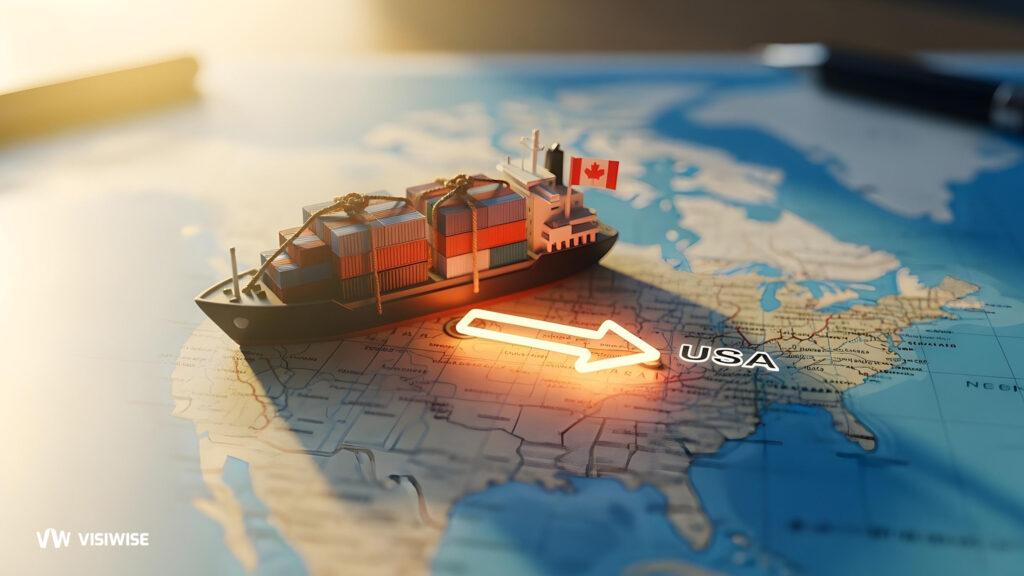Just-In-Time (JIT) production is a manufacturing philosophy focused on eliminating waste across the entire production process. By producing goods only in response to specific customer demand, JIT reduces excess inventory, lowers storage costs, and improves quality. This approach helps manufacturers deliver the right products at the right time while maintaining efficient, cost-effective operations.
Artificial Intelligence and the Future of Logistic Industry
Artificial intelligence is reshaping logistics and shipping by replacing reactive processes with intelligent, data-driven systems. From warehouse automation and order fulfillment to container shipping and port operations, AI improves visibility, accelerates decision-making, and strengthens resilience across global supply chains. This article explores how AI is driving more predictive and efficient logistics management.
AI in Supply Chain Risk Management: Real-World Examples & Benefits
AI is redefining supply chain risk management by turning reactive processes into predictive, data-driven systems. From supplier risk scoring to real-time disruption alerts, artificial intelligence helps companies anticipate issues before they occur. This article explores real-world examples and key benefits of using AI to build smarter, more resilient supply chains.
Why Demurrage is NOT a “Cost of Doing Business”
The World’s Top Transshipment Ports: Global Hubs for Efficient Shipping
Transshipment plays a major role in global logistics, and a handful of ports handle most of this activity. In this guide, we look at the world’s top transshipment hubs for 2024–2025, highlight their TEU volumes, and explain what makes each port a critical connection point in global trade.
Transshipment Ports: Definition, Importance, and Global Hubs in Shipping
Transshipment ports are the backbone of global logistics, enabling cargo to move efficiently between trade lanes and vessel networks. Yet their impact on supply chains is often overlooked. This guide explains what transshipments are, how they operate, and why they influence everything from shipping schedules to large-scale disruptions in global commerce. We also highlight the world’s major transshipment hubs and their role in keeping international trade flowing smoothly.
Gate In and Gate Out Explained: Shipping Terms, Freight Quotes, and Container Operations
In container shipping, “gate in” and “gate out” mark crucial points in a container’s journey through a terminal. These steps impact freight quotes, storage fees, and overall logistics efficiency. In this guide, we explain what each term means, how they affect billing, and why tracking gate movements is vital for smooth container operations.
Empty Container Repositioning: Challenges and Methods to Improve Efficiency
Empty container repositioning is one of the biggest logistical hurdles in global shipping. Imbalances between import and export volumes often leave containers stranded where they’re not needed. In this guide, we explore the causes, economic impact, and innovative strategies—like data-driven planning and smart routing—to make repositioning more efficient and cost-effective.
Top Ten Container Shipping Companies in 2025: Navigating Uncertainty and Market Shifts
The container shipping industry in 2025 faces rapid change—from fluctuating freight rates to evolving trade routes. In this guide, we highlight the world’s top 10 container shipping companies, their market share, and how each is navigating economic uncertainty, sustainability goals, and shifting global trade dynamics.
The Bullwhip Effect in Supply Chain: Causes, Impacts, and Mitigation Strategies
Small changes in customer demand can create big ripples across the supply chain—this is the bullwhip effect. In this guide, we explain how forecasting errors, delays, and poor communication amplify demand swings, and outline effective strategies to stabilize operations, cut costs, and improve supply chain performance.
How Long Does Standard Shipping Take in Canada? 2025 Delivery Times Guide
Shipping across Canada can vary widely—from next-day city deliveries to week-long cross-country trips. In this 2025 guide, we break down standard shipping times for major carriers, explain regional differences, and share tips to ensure faster, more reliable deliveries nationwide.
Cheapest Shipping from Canada to the U.S.: 2025 Cost-Saving Guide
Cross-border shipping doesn’t have to break the bank. In this 2025 guide, we explore the most affordable ways to send packages from Canada to the U.S., comparing top carriers, delivery speeds, and hidden costs. Learn practical tips to lower your shipping expenses while keeping deliveries fast and reliable.





